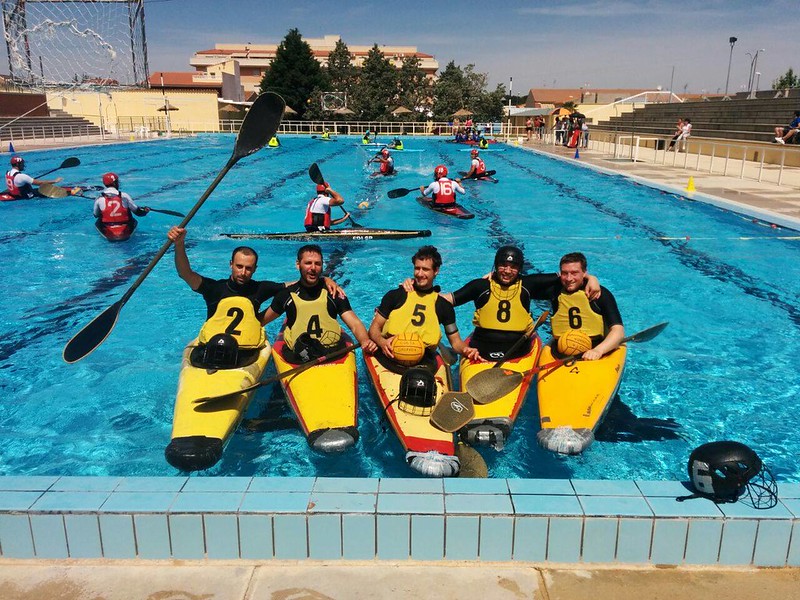
Last week I had the pleasure of speaking at Protocols Plugfest Europe 2015. It was really good to get out of the bubble of free software desktops where the community love makes it tempting to think we’re the most important thing in the world and experience the wider industry where of course we are only a small player.
This conferences, and its namesakes in the US, are sponsored by Microsoft among others and there’s obviously a decent amount of money in it, the venue is a professional conference venue and there’s a team of people making sure small but important details are taken care of like printed signposts to the venue.
What’s it all About?
In 2008 Microsoft lost an EU antitrust case because they had abused their monopoly position in operating systems. This required them to document their file formats such as MS Office and protocols such as SMB. This conference is part of that EU requirement meaning they have to work with anyone who wants to use their formats and protocols. They have a website where you can file a request for information on any of their documents and protocols and everyone said they were very responsive in assigning engineers getting answers.
Since 2008 Microsoft have lost a lot of ground in new areas in the industry such as mobile and cloud. Because they’re not the dominant player here they realise they have to use formats and protocols others can use too otherwise they lock themselves out.
The Talks
I spoke about Interoperability on the Linux Desktop which seemed well received, the reason Linux desktop hasn’t taken off is there are many other systems we need to interoperate with and many of them don’t want to interoperate with us. (Of course there are financial reasons too.) It was well received with many people thanking me for a good talk.
I went to talks by people working on Samba, LibreOffice and Kolab which all gave pleasing insight into how these project work and what they have to do to workaround complex proprietary protocols and formats. LibreOffice explained how they work with OpenDocument, they add feature and for any feature added they submit a request for it to be added to the standard. It’s a realistic best practice alternative.
I went to a bunch of Microsoft talks too about changes in their file formats, protocols and use of their cloud service Azure.
The inter-talks
It was great meeting some people from the free software and MS worlds at the conference. I spoke to Christopher about how he had been hired to document SMB for MS, to Dan about taking over the world, to Miklos about LibreOffice and many others. On the MS side I spoke to Tom about file formats, Darryl about working with Linux, to Jingyu about developing in MS.
I hope I won’t offend anyone to say that there’s a notable culture difference between the open source and the MS sides. Open Source people really do dress scruffy and act socially awkward. MS people reminded me of the bosses in Walter Mitty, strong handshakes, strong smiles and neat dress.

One part of the culture that depressingly wasn’t difference was the gender ratio, there was only half a dozen women there and half of those were organising staff.
The Microsoft people seemed pretty pleased at how they were open and documented their protocols and formats, but it never occurred to them to use existing standards. When I asked why they invented OOXML instread of using OpenDocument I was told it was “MS Office’s standard”. When I asked if Skype protocols were open they seemed not to know. It probably doesn’t come under the EU court requirements so it doesn’t interest them, but then all their talk of openness is for nothing. When I suggested Skype should talk XMPP so we can use it with Telepathy I was given largely blank faces in return.
Talking to Samba people and OpenChange people about my opinion that their products should be stop gaps until a better open protocol can be used was met with the reasonable argument that in many cases there are no better open protocols. Which is a shame.
I went into the MS testing lab to test some basic file sharing with Samba and reminded myself about the problems in Kubuntu and discovered some problems in Windows. They had to turn off firewalls and twiddle permissions just to be able to share files, which was something I always thought Windows was very good at. Even then it only worked with IP address and not browsing. They had no idea why but the Samba dudes knew straight away that name browsing had been disabled a while ago and a DNS server was needed for that. Interesting the MS interoperability staff aren’t great at their own protocols.
Zaragoza
I had a great time in Zaragoza, only spoiled by travellers flu on the last day meaning I couldn’t go to the closing drinks. It’s on the site of a 2008 world fair expo which feels like one of those legacy projects that get left to rot, 2008 wasn’t a great year to be trying to initiate legacy I think. But the tapas was special and the vermut sweet. The conference timetable was genius, first day starts at 9:00 next at 10:00 and final at 11:00. The Zentyal staff who organised it was very friendly and they are doing incredible stuff reimplementing exchange. It’s lovely to see MS want to talk to all of us but they’ve a way to go yet before they learn that interoperability should be about an even playing field not only on their terms.


